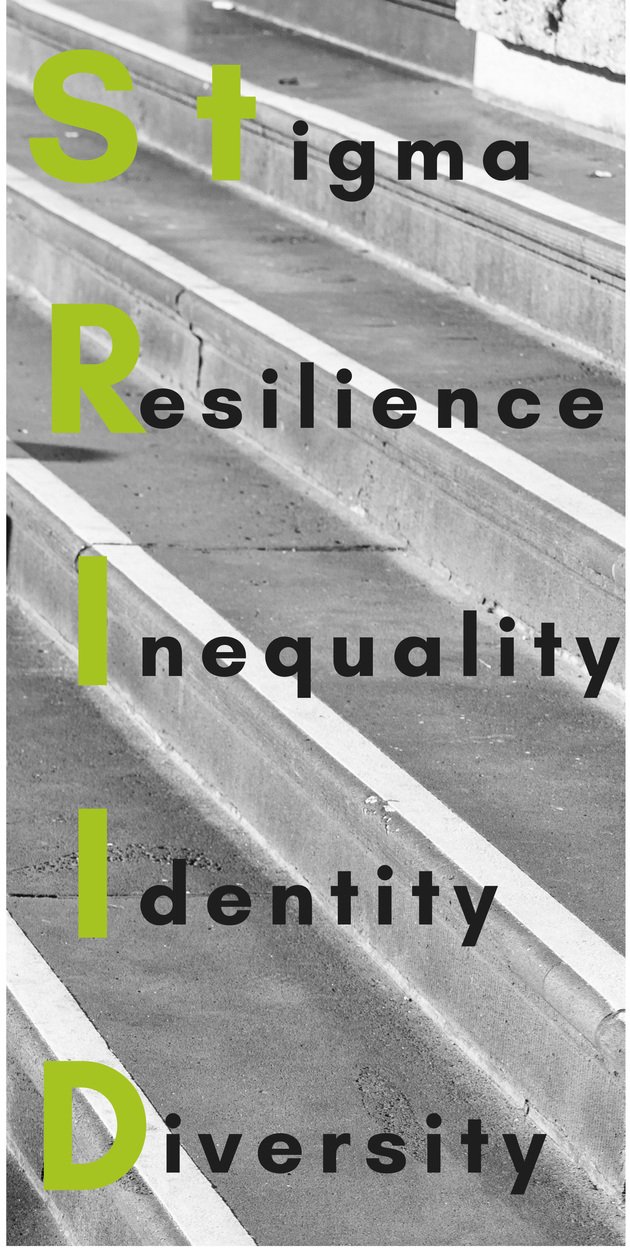In Portland State University’s Stigma, Resilience, Inequality, Identity, and Diversity (StRIID - pronounced “stride”) Lab, we use multiple methods to investigate how we shape and are shaped by social inequities that surround us. We are committed to conducting research that is problem-focused and community engaged, and that has important consequences for policy, health, and/or organizational practices.
Research questions we ask include:
What are the psychological barriers to effective diversity management in organizations?
How do experiences with stigma, discrimination, and inequity manifest in the body?
How do beliefs about system fairness impact the health, well-being, and social functioning of advantaged and disadvantaged groups?
What are the psychological strategies and mechanisms that function to maintain stigma and social inequality? And how do we get around them?
When and how can members of advantaged groups provide effective support for the goals of disadvantaged groups?
The methods we use include:
Psychophysiological Methods (including cardiovascular, facial electromyographical, hormonal, inflammatory, and biomorphic measures)
Mixed Quantitative and Qualitative Methods
Laboratory and Field Experimental Methods
Survey Methods
Social Network Methods
Daily Diary Methods
Longitudinal Methods
What does “StRIID” mean?
STIGMA refers to the process by which individuals are defined by and denigrated as members of a social group. In the StRIID Lab, we investigate the factors that perpetuate and contribute to stigmatization, as well as the impacts that stigma has for members of marginalized groups.
RESILIENCE is the ability to weather the storm of major stressors, and perhaps even thrive in their wake. In the StRIID Lab, we not only look at the factors that lead to resilience among members of marginalized groups, but also the ways in which traditional markers of resilience (academic performance, social success) may fail to capture the whole resilience picture. In particular, we are interested in the phenomenon of skin deep resilience, and how traditional conceptualizations of resilience can have negative health consequences when people are coping with high levels of discrimination.
INEQUALITY, at least in our lab, refers to the qualitative or quantitative difference in outcomes or procedures depending on social identity. In the StRIID Lab, we are interested how inequality is perceived, responded to, and perpetuated on those who are benefited and disadvantaged by that inequality. We are also interested in how beliefs about inequality—particularly whether inequality is legitimate or not—impact our psychological and physiological functioning.
IDENTITY refers to the labels we give to our group memberships. Our identities (particularly our social identities) shape how we are treated, how we define ourselves, and how we interpret our social experiences. In the StRIID Lab, we are interested in how social identities develop, how social identities conflict with or facilitate our other psychological goals, and how social identities shape our interpretation of stigma and inequality.
DIVERSITY is the constellation of social identities present in a certain social context. In the StRIID Lab, we look at how people from different backgrounds succeed or fail to effectively work together toward justice goals. We also look at how the push for diversity in organizations can promote backlash, mostly through the threat experienced by members of traditional over-represented groups.

